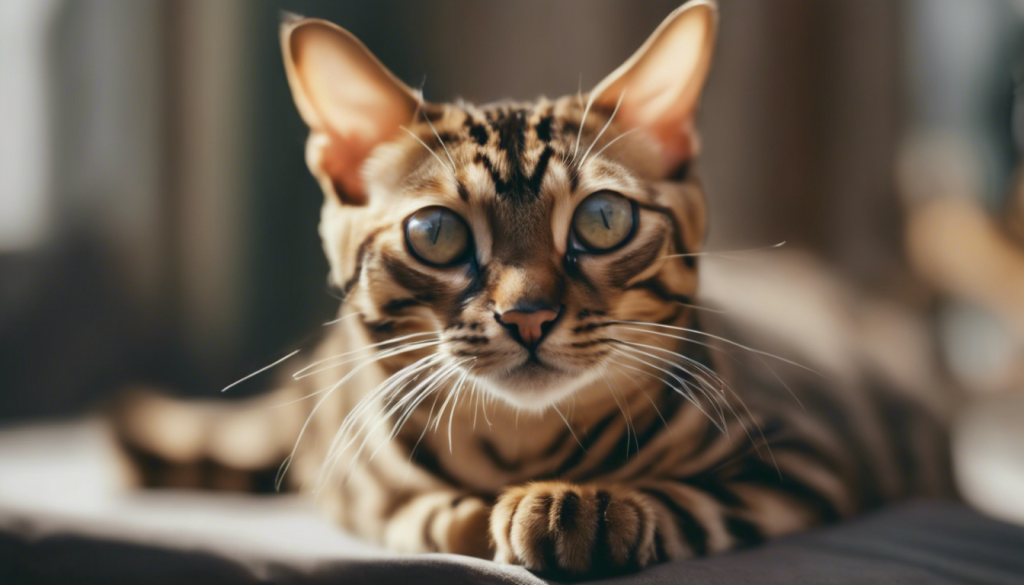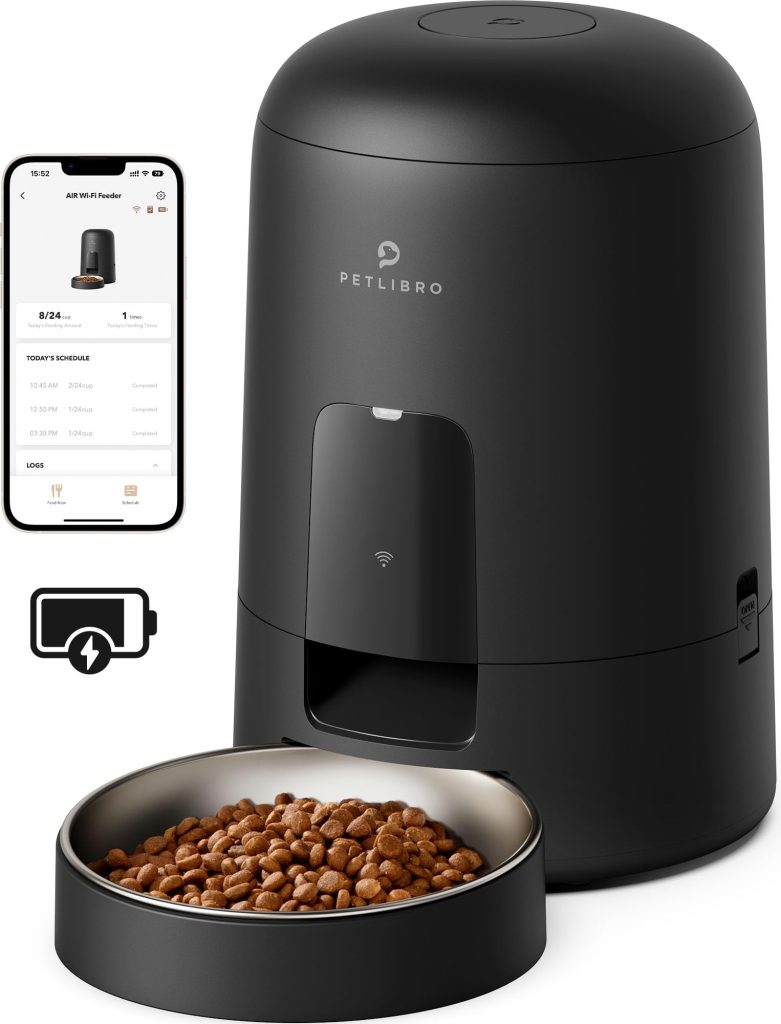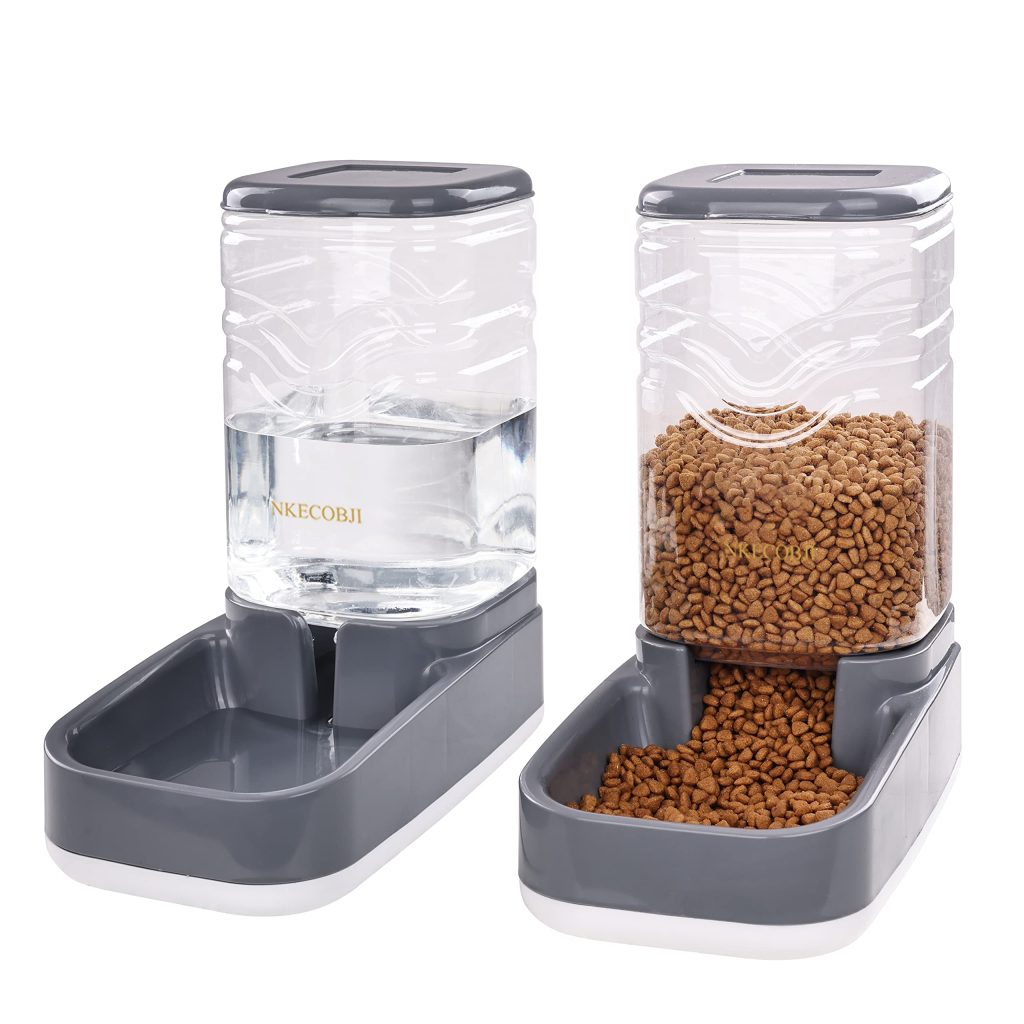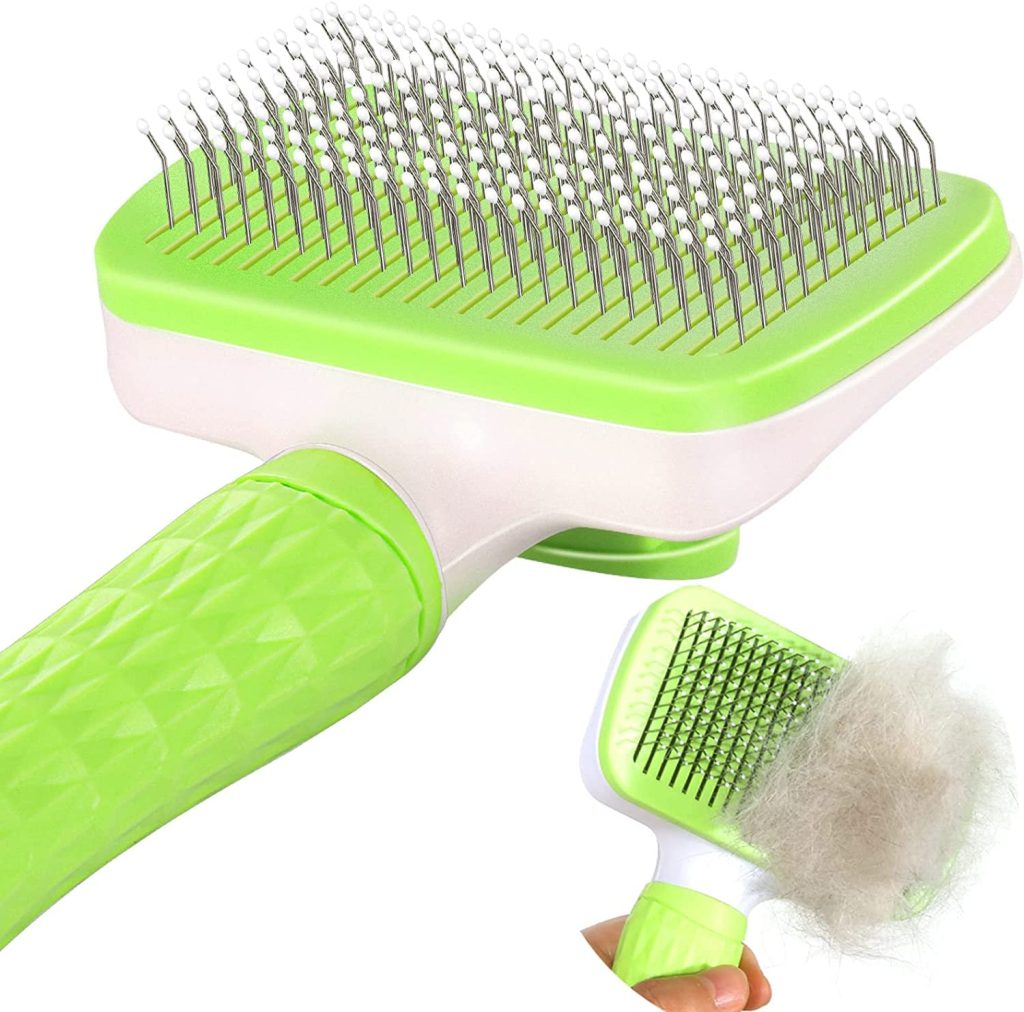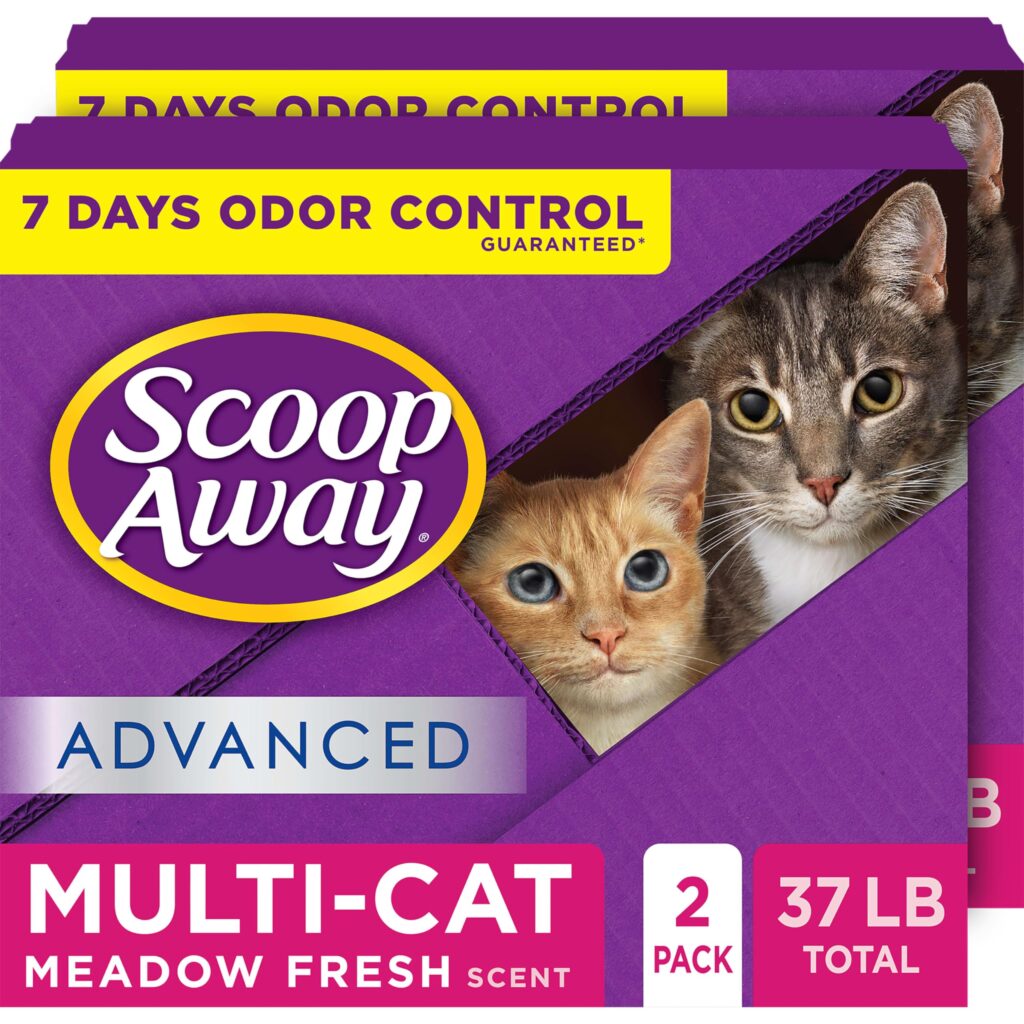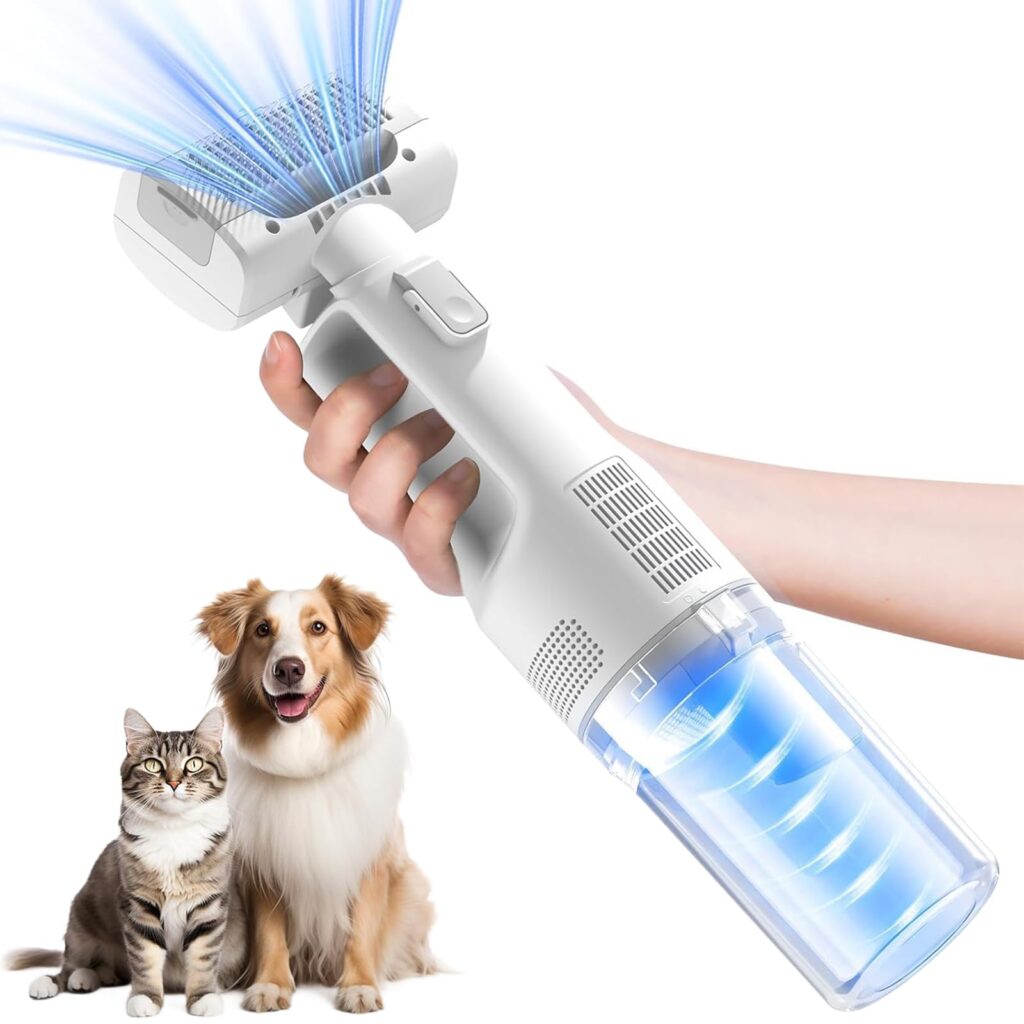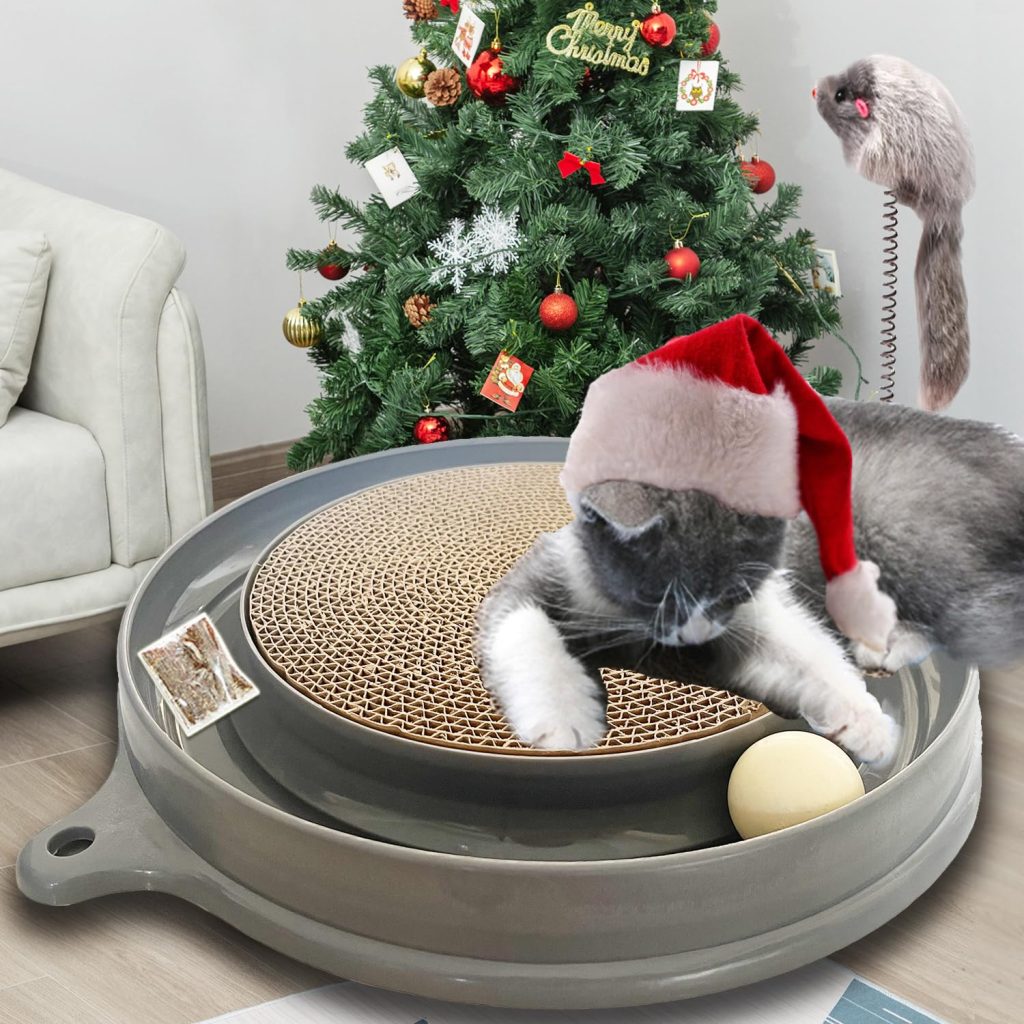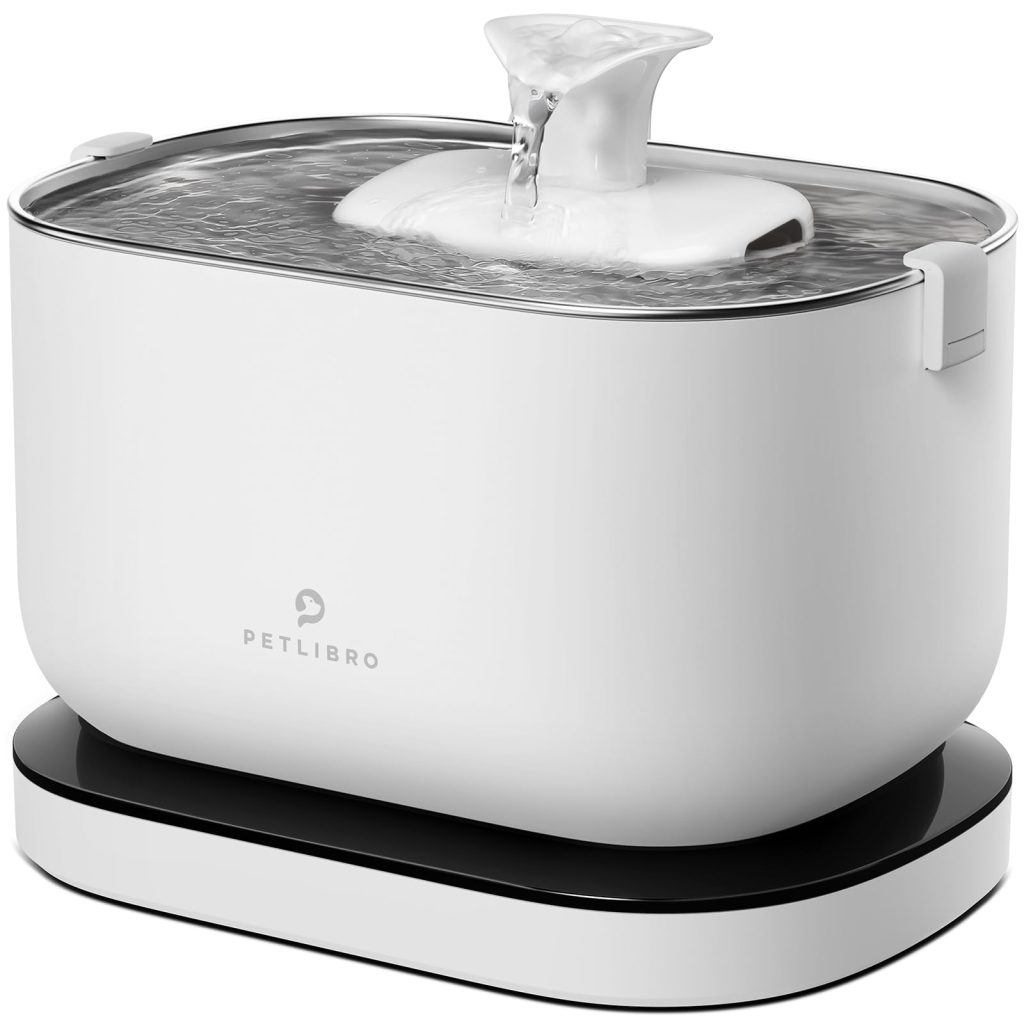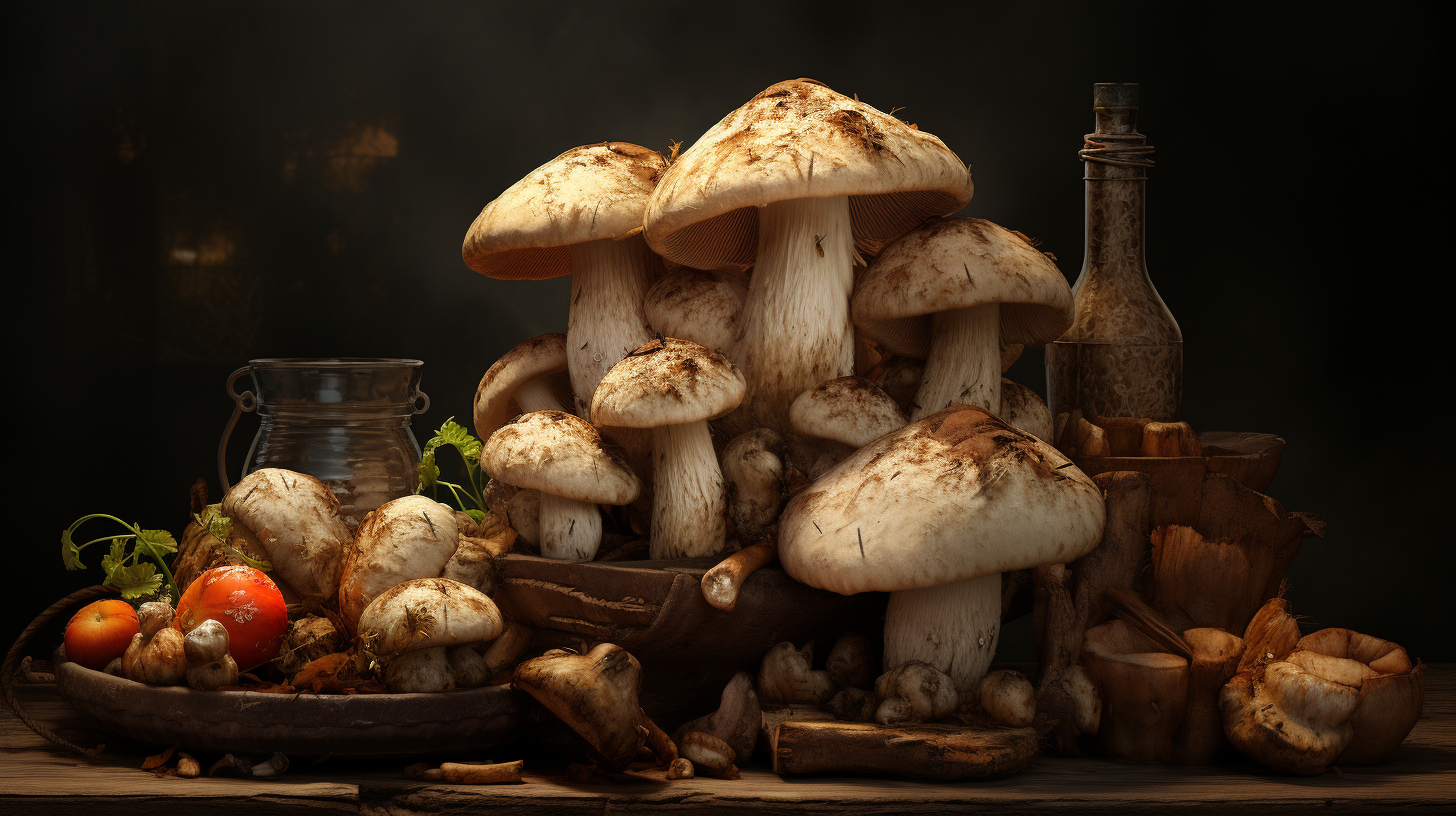
Can cats eat mushrooms? This is a question that pet owners often wonder about. While the answer is not simpler and depends on several factors, it’s important to be informed about the risks and benefits associated with feeding mushrooms to cats.
Risks of Feeding Mushrooms to Cats
Cats are obligate carnivores, which means that their bodies are designed to digest and use only animal-based proteins. Mushrooms provide little to no nutritional value for cats and should not be a staple in their diet.
Furthermore, there are several types of mushrooms that are poisonous to cats, such as the Sickener, Death Cap, and Destroying Angel mushrooms. These wild mushrooms should be avoided at all costs, as they can cause severe illness or even death in cats.
Benefits of Feeding Store-Bought Mushrooms
Most commercially bought mushrooms from a store are usually safe for cats to eat. However, it is important to keep in mind that mushrooms should only be fed to cats in moderation. They should not be used as a replacement for their regular food.
Cooked mushrooms can actually provide some health benefits for cats. They are a good source of antioxidants and other nutrients that can support a cat’s overall health. However, it is essential to consult with a veterinarian before introducing mushrooms into a cat’s diet.
Safe Mushroom Options for Cats
There are certain types of mushrooms that are safe for cats to eat. Turkey tail mushrooms, for example, are considered medicinal mushrooms and have been known to boost the immune system and contain anti-inflammatory properties. These mushrooms should be cooked before feeding them to cats.
Button mushrooms and shiitake mushrooms are also safe options for cats. Button mushrooms can be chopped up and added to a cat’s food, while shiitake mushrooms can provide fiber, protein, and vitamins B and D.
Precautions and Guidelines for Feeding Mushrooms to Cats
When preparing mushrooms for a cat, it’s important to follow these guidelines:
- Thoroughly wash the mushrooms to remove any dirt or debris.
- Boil the mushrooms in water to ensure they’re fully cooked.
- Allow the mushrooms to cool at room temperature before serving.
- Cut the mushrooms into small, bite-sized pieces for easy consumption.
- Test your cat with a tiny piece of mushroom to see how they react to it.
It’s important not to use any kind of seasoning when cooking or serving mushrooms to cats. Seasonings can be harmful to their digestive system.
While cats can eat mushrooms, they are not a necessary part of their diet. Mushrooms should only be given in moderation and should never replace a cat’s regular meals. It’s important to be aware of the risks associated with certain types of mushrooms and to consult with a veterinarian before introducing mushrooms into a cat’s diet.
